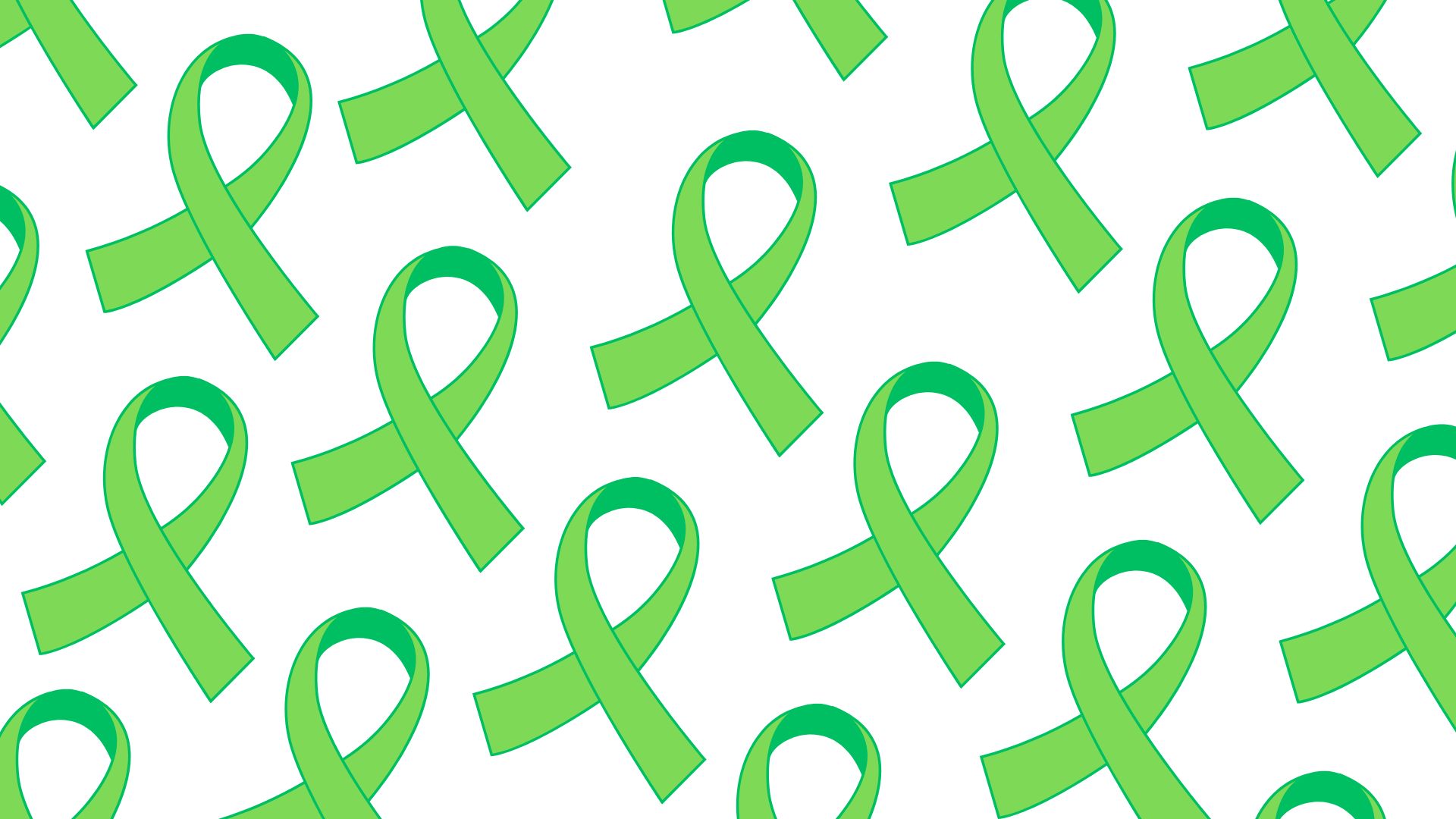Exterminating Automatic Negative Thoughts (ANTs) for a Happier Life
by Brianna Walker, MS | Aug 2023
Our thought patterns strongly influence our experiences and feelings. Just as an ant infestation can disrupt our homes, Automatic Negative Thoughts (ANTs) can wreak havoc on our minds, fostering anxiety, depression, and distress. The following blog post will elaborate on the concept of ANTs, exploring their impact and providing strategies to overcome their harmful effects, helping us build a more positive and empowered life.
Imagine walking into your kitchen to find a swarm of ants stealing your food and causing chaos. Similarly, our minds can become infested with ANTs – Automatic Negative Thoughts. These thoughts creep in, robbing us of happiness, prolonging grief, and fostering anxiety and depression. As Dr. Daniel G. Amen, MD, describes them, ANTs are persistent, negative whispers that undermine our mental well-being and hinder personal development.
Recognizing the Culprits: Common Types of ANTs
ANTs come in various forms, uniquely impacting our emotions and actions. Understanding the distinct types is pivotal in regaining control over our thought patterns. Dr. Amen classifies ANTs into nine types and equips us with a blueprint to confront and squash their influence. From dichotomous all-or-nothing thinking to ominous predictions of fortune-telling, ANTs distort our perception and obstruct our progress. We gain a framework to challenge and neutralize their power by labeling these thoughts as ANTs.
Strategies to Counteract ANTs: From Perception to Transformation
- All-or-Nothing Thinking: Instead of seeing situations in black-and-white terms, acknowledge the gray areas. One slip-up does not invalidate progress.
- Always Thinking: Challenge absolutes like “always” and “never.” Seeking evidence to the contrary will foster a more balanced, realistic perspective.
- Focusing on the Negative: Redirect your focus towards achievements and positives to boost motivation and self-esteem.
- Thinking with Feelings: Validate feelings with evidence. Seek rationality and external verification before accepting feelings as facts.
- Guilt-Beating: Embrace accountability without drowning in guilt by recognizing when guilt is constructive and when it hinders progress.
- Labeling: Refrain from labeling yourself negatively and focus on actions and behaviors that facilitate positive change.
The Red ANTs: Beware and Conquer
- Fortune-Telling: Reject baseless predictions of negative outcomes, shifting focus to realistic, evidence-based possibilities.
- Mind Reading: Foster open communication by avoiding assumptions about others. Promote authentic conversations through active listening.
- Blame: Shift from blaming others to taking responsibility for actions, embracing empowerment through self-accountability
Dissecting the Influence of ANTs
ANTs have more than psychological power; they can also influence our brain chemistry. Negative thoughts trigger the release of chemicals that make us feel bad and affect our entire body. Conversely, positive thoughts release chemicals that induce feelings of well-being. This demonstrates the profound connection between thought patterns and overall health.
The Extermination Strategy: Conquering ANTs
Similar to pest control, defeating ANTs requires a systematic approach. Dr. Amen outlines a simple process for eliminating these intrusive thoughts:
- Recognition: Spotting ANTs in real-time is the initial step in weakening their grip.
- Documentation: Putting ANTs into words externalizes them, enabling analysis and counteraction.
- Rebuttal: Challenging ANTs head-on diminishes their power, reinstating control over thoughts.
Just as swift intervention protects your home from ants, combating Automatic Negative Thoughts requires attentiveness and effort. By confronting ANTs, we construct a mental environment conducive to positivity, resilience, and self-empowerment. As we navigate these harmful thought patterns and work to exterminate them tactfully, we clear the path to happier, healthier lives. Remember, our minds are a powerful tool, and by mastering our thought patterns, we unlock the gateway to a more radiant future—one free from the clutches of ANTs.
By Brianna Walker, MS
Alban, D. (2023). Automatic negative thoughts (ANTs): How to break the habit. Be Brain Fit.
Amen, D.G (2020). Do you have an ANT infestation in your head? Amen Clinics.












